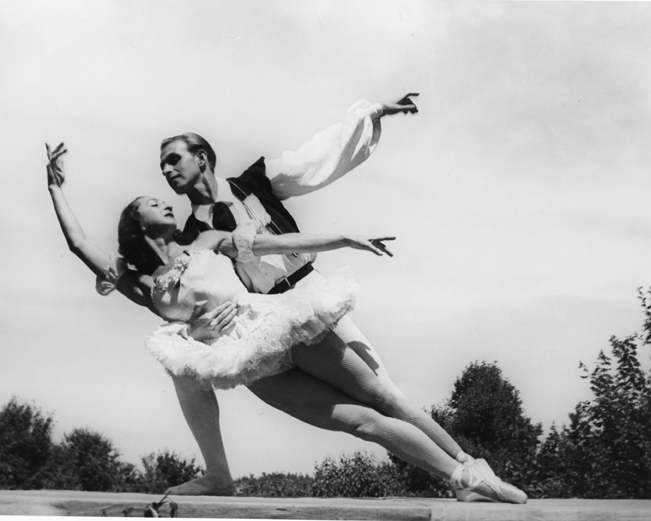
As rumors fly that — despite the obvious terribleness of the pick — Obama has virtually settled on Larry Summers as Fed Chair, David Dayen wonders aloud if this is all part of a Grand Bargain redux:
“You’re a President with a very tough set of fiscal fights coming up. You’ve wanted entitlement reforms for five years, but cannot get it worked out. You’ve been playing footsie with the Senate Republican caucus all year. Now you’re in a situation where you need Republican votes…I mean, any rational human would have given up on grand bargaineering by now…[but now] the White House can argue that they simply had to go along with, I don’t know, the chained CPI measure they put in their own budget, because it was a way to ‘get’ Larry Summers, among other things.” Frighteningly plausible.






